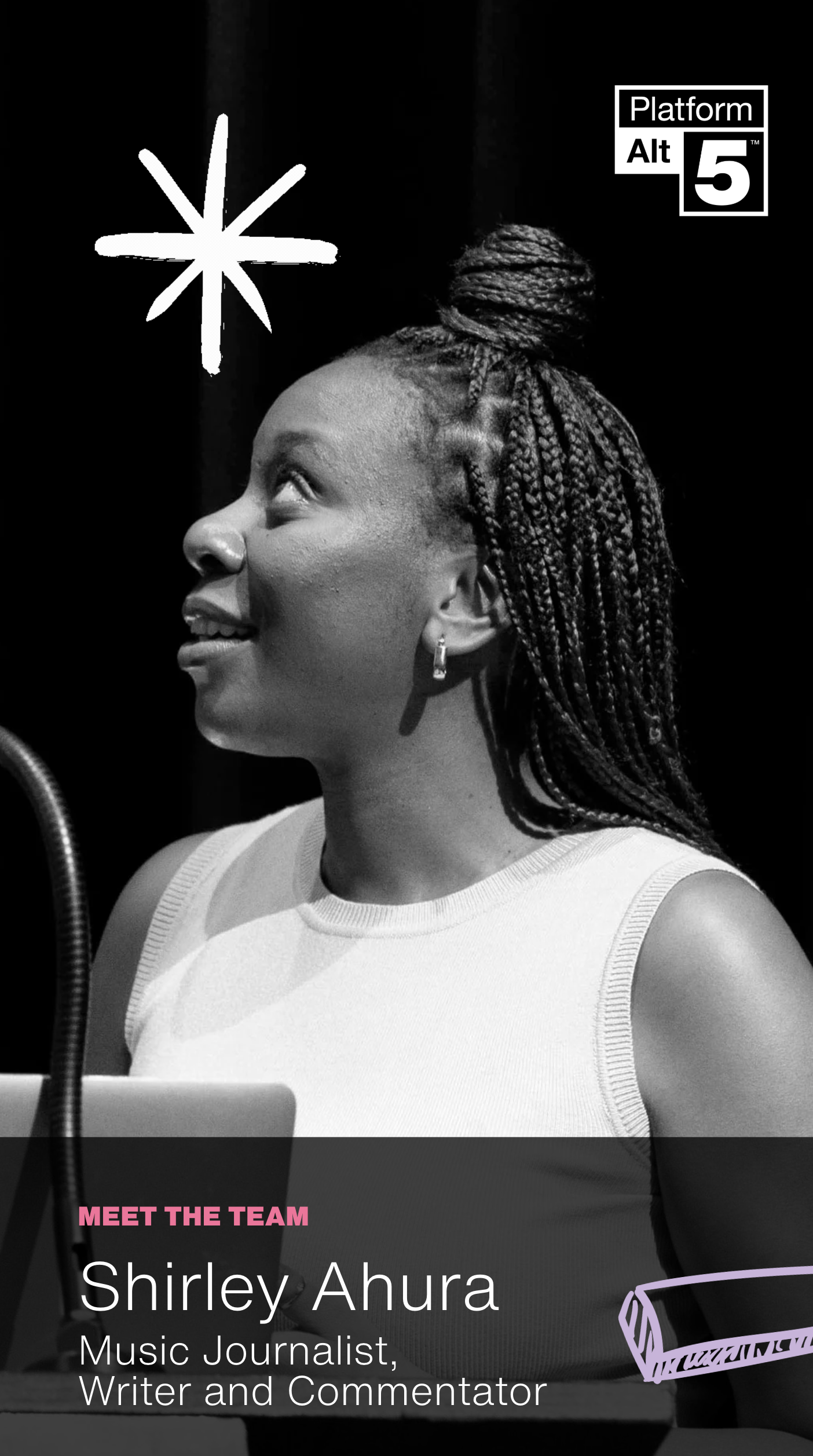Startup 2.0: rethinking the rules
Remember when ‘move fast and break things’ was the only playbook for startups?
Now that smashing up stuff is no longer cool, the emphasis has shifted to a far more mindful and ethical approach. But that doesn’t mean entrepreneurs aren’t breaking rules and rebelling – they’re just doing it in a more thoughtful and collaborative way.
Tell it to the people: D2C winning hearts and wallets
Some of the most successful startups are direct to consumer (D2C) brands such as B Corp-certified Purdy and Figg, started by a nurse and horticulturist. Fed up with ‘toxic’ cleaning products, the pair developed their own all-natural, all-in-one spray and via social media took it from zero to £18m+ turnover in four years.
Washable rug company Ruggable is another startup that rode to success by surfing the algorithms of Instagram and other social media, and now employs more than 1,000 people.
Then there’s eco-friendly toilet paper brand Who Gives a Crap, literally on a roll, thanks to its D2C approach and powerful give-back ethos - 50% of the B Corp’s profits are donated to help global access to clean water and toilets. Their ‘good-for-the-planet, good-for--the-people, good-for-your-bum’ ethos has supercharged their growth and their offer also now includes a range of 100% recycled, biodegradable poo bags for dogs.
Let’s get, ‘Phygital’: the everything, everywhere, all at once trend
Gone are the days when brands viewed their bricks and mortar stores and online presence as two distinct beasts – it’s now all about fluidity and omnichannel strategies. Clothes brand Sosandar, is only now opening physical outlets after achieving huge success online – reasoning customers spend more if they can touch, feel and try items on.
The likes of TikTok Shop, Instagram Shop, YouTube Shopping, Pinterest Shopping, Clapper and Lemon8 make it easy for startups to tap into the ‘phygital’ trend, mixing and matching digital and physical retail to give customers a seamless experience.
Another example is beauty brand Made by Mitchell (MBM), launched by make-up artist Mitchell Halliday, who after causing a sensation on social media landed collaborations with top brands, and sells direct, as well as via high street stores such as Boots.
Eat, drink, disrupt: fresh takes and bold mashups
Subverting and stealing characteristics from other sectors is everywhere, as startups rip up the playbook and re-invent entire industries. Plenty of cross-pollination is going on in the food and drink sector including Greensmiths in Waterloo, a greengrocer, deli, butcher, bakery, fishmonger and wine merchant as well as a café restaurant. Restaurant/ butcher’s shop mash-up Porterhouse Grill in Newcastle brings together a butcher’s counter, a quality steak house and talented chefs. And at Ferment & Flour in Warwickshire, a Michelin-starred team has created a ‘neighbourhood store’ that’s a deli, bakery and wine bar during the day, then morphs into a vibrant Italian restaurant at night.
Powered by passion
Entrepreneurs with an artisan approach, fuelled by passion, creativity, craftmanship or heritage have an almost magnetic resonance. Provenance is king - with customers eager to know where products come from and to hear the founder’s story - this often evokes powerful emotions. Authenticity is crucial to breaking through in crowded markets and disarming even the most cynical consumers.
We’re in it together: community-driven startups winning hearts and markets
Community centric growth is helping many young brands flourish, especially those with a powerful backstory or mission that resonates. The most successful aren’t just bringing customers along on the journey, they’re also finding innovative ways to involve them in co-creating the product.
Beauty brand MBM founder Mitchell Halliday is quoted in The Industry as saying:
“The concept didn’t begin with products or aesthetics, it was always community"
Also tapping into its tribe is eco-friendly laundry products brand Tallow & Ash, which netted 150,000 orders and built a community of 100,000 on social media in just 11 months. Last year, it raised £1.1m in nine days via crowdfunding and more than two thirds of its investors were women.
Hyper-local news outlets are another example of harnessing people power to reinvent a sector crippled by legacy corporations and haemorrhaging readers. The Mill, started by a former Times, Guardian and Indie reporter and powered by a community of intensely loyal supporters, launched in Manchester five years ago. Its focus on shoe-leather style reporting of original, in-depth stories coupled with no pop-ups or clickbait, is a winning formula that’s expanded to Glasgow, London, Sheffield, Liverpool and Birmingham, with 150,000+ email subscribers and 10,000 paying members.
AI, automation and smart startup moves
It’s impossible to talk about startup trends without tipping the hat to the latest gen of AI and data analytic-enabled tools. AI-driven supply chains with networks connecting manufacturers and logistics teams offer real-time visibility, seamless data sharing, rapid response and predictive analysis – and as this tech morphs and advances, it’s becoming crucial to customer service and cost efficiencies. According to Y-Combinator, this is the year of AI agents to transform customer service and client interactions. By planning and automating complex tasks, making informed decisions and integrating with a startup’s systems, these personalised, proactive and intelligent solutions can turbo-charge growth.
Working wounded: why mental health and inclusion matter
With rates of sick leave and absence in the workplace, often for anxiety and mental health issues, now worryingly high, there’s a growing recognition of the need to fix it. The flexibility of startups is their strength, making it easier to create supportive, agile and motivational work environments and attract top talent.
Lack of diversity is another big block to creativity and growth - according to the British Business Bank, 89p in every £1 of UK venture capital investment in 2019 went to all-male founder teams. Embracing diversity and including team members with broader perspectives and lived experiences generates more imaginative solutions and makes for a happier workplace.
Ethical and social growth
A genuinely ethical and transparent approach to business is already a differentiator.
From making sure there’s no exploitation in supply chains, through to the ethical use and handling of AI and databases, this is massive and it’s not going away.
Equally, pressure to be eco-aware is building, as the devastating consequences of man-made climate change become more visible, and those who ignore it risk alienating customers, talent and investors.
On that note, let’s take a minute to appreciate how the circular economy looks unstoppable, with the likes of second-hand fashion success Vinted tripling profits, and waste food redistributor Too Good To Go hitting a staggering 100 million registered users.
It’s proof that customers want to recycle, upcycle and buy mindfully – and that fixing things really does pay.
Startups are ditching the hype and building with intent. By fusing purpose with profit and fixing what's broken, a new wave of founders is rewriting the rules of business. The future isn’t just fast… it’s bold, disruptive, and blending purpose with profit.
If you want deeper insight into the Startup landscape, help creating a strategy to leverage trends, or some fresh disruptive creative, please get in touch Sarah@PlatformAlt5.com.








.jpg)

